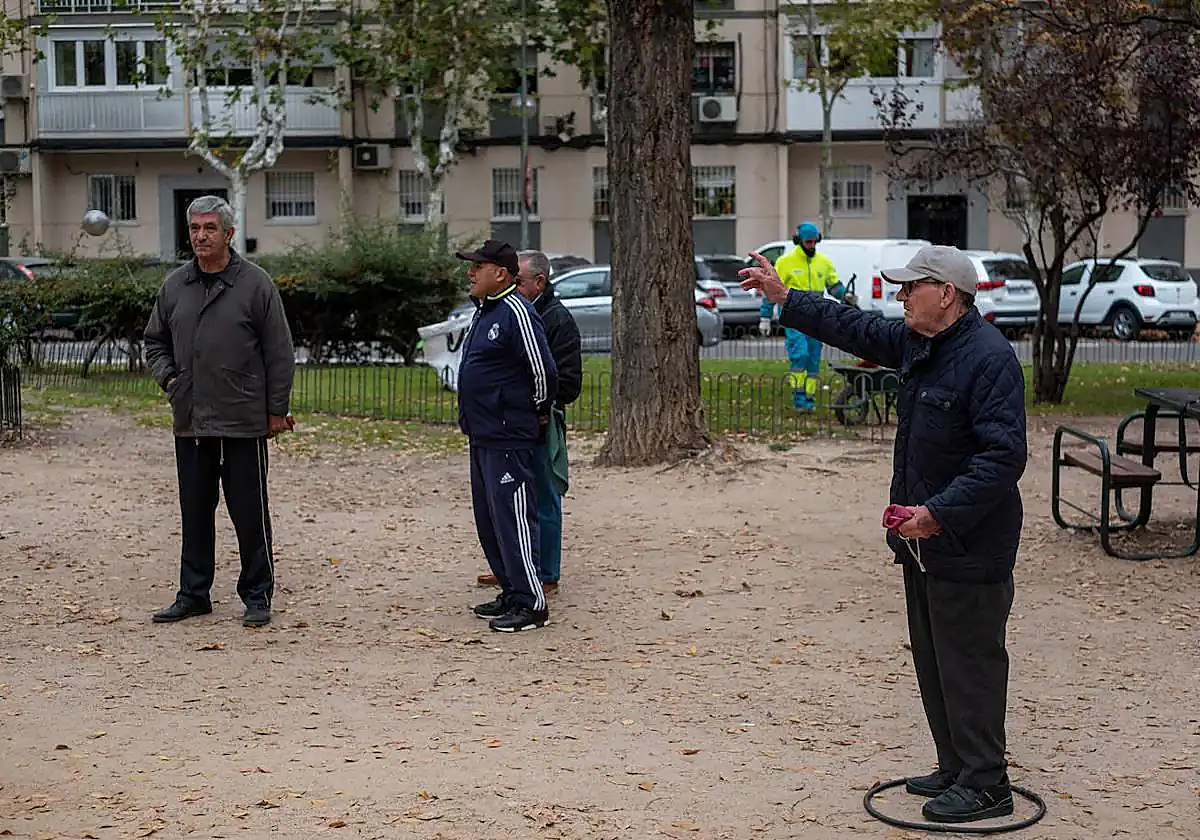New retirement age in Spain to be 66 years and six months, with effect from January 2024
Retirement requirements are set to become much stricter and these are the new rules
Lucía Palacios
Madrid
Monday, 18 December 2023, 16:25
The rules for retirement are changing in the new year. This has been the case for more than a decade now. From January, the conditions for becoming a pensioner will become a little more demanding; workers will now have to delay retirement until 66 and a half years of age. There are two reforms which have caused the changes: one from 2011, which gradually delays retirement age and makes it more difficult to access a retirement pension, and the reform approved between 2021 and 2023, which revalues pensions in line with current prices and inflation, and penalises workers who retire earlier and rewards those who retire later.
Official age
From January, to obtain 100% of the pension you have to be 66 and a half years of age, two months more than the current requirement for workers who have not had a long working career, which is defined by the government. In addition, the required contribution period is increasing by three months. If you want to retire with the old system at 65-years-old, you will have had to be paying into the Social Security pension for at least 38 years, compared to the 35 years before the 2011 reform.
The aim is that from 2027, the legal age of retirement will be 67 if you have not worked for at least 38 and a half years.
Early retirement
The age of voluntary early retirement is also being extended by two months to 64 years and six months (those who have contributed to the pension fund for at least 38 years can retire early at 63). Equally, early retirement can come at 62 and a half years for those who retire earlier due to a dismissal (61 if they have contributed for the minimum 38 years), however they will have a cut in their pension which can be up to 30%.
Partial retirement
Requirements have also changed if you want to qualify for partial retirement through a release contract, which makes it possible to combine retirement and part-time work if you are working in the manufacturing industry. The requirement for this is increasing to 62 years and six months, two more months than it is now, and it is also harder to qualify for this. It is only available to those who have contributed to the pension fund for a minimum of 36 years, three months more than the current requirement. Equally, those who have been paying into their pension for only 33 years can only retire at 64, four months more than before. However, all of this is only possible if the government approves a new extension for the release contract before the end of the year. This is demanded by unions and the Spanish Confederation of Business Organisations (CEOE), who warn that this is vital for a sector as important as the automobile industry.
Calculating the period counting towards the pension
For the second year running, there will be no changes in the period used to calculate the amount in a pension. It will take into account the last 25 years, ten more than in 2012. However, from 2027, a new method will be used to increase the period of time used in the calculation. It will be applied gradually and will coexist with the current method for the next two decades. But in 2044, pensions will begin to be calculated using the 27 best years out of the past 29 years of contributions.
Revaluation according to consumer price index
Pensions in January will generally increase by 3.8%, a sharp increase caused by inflation, but is only half the increase expected this year. It will mean 46 euros more for an average pension, almost 640 euros more per year. While for retired pensions (those who have retired at the full retirement age), it rises to 52 euros per month, 734 per year. There will also be an even bigger increase for those on benefits: the minimum benefits will be increased between 5% and 7% and will even rise to 14.1% for widows with family responsibilities. They will receive a bonus of almost 1,300 euros per month and a salary that will exceed 1,000 euros for the first time. Meanwhile, non-contributory pensions will change by 6.9%. On the higher side of the scale, maximum pensions will climb to 3,175 euros per month.
Supplement for gender gap
The gender gap supplement received by almost 620,000 people (90% women) for having children will rise by 13.8%, as the reform added another 10% to inflation. Thus, it will go from the current 30.40 euros to almost 35 euros for each child they have had and will mean an extra 75 euros per month to their pension.
Record pension expenditure
The second-largest increase in decades will once again raise pension expenditure in 2024 to unprecedented levels, which for the first time will see it exceed the 200 billion mark. The revaluations of pensions will mean an increase of around 7 billion, since each tenth of a percentage increase represents an additional cost of between 150 and 175 million. For the second consecutive year, more than 40% of Spain's entire budget will go towards paying pensions.
